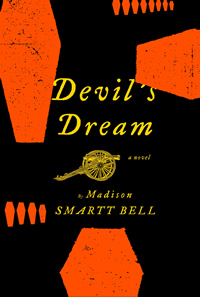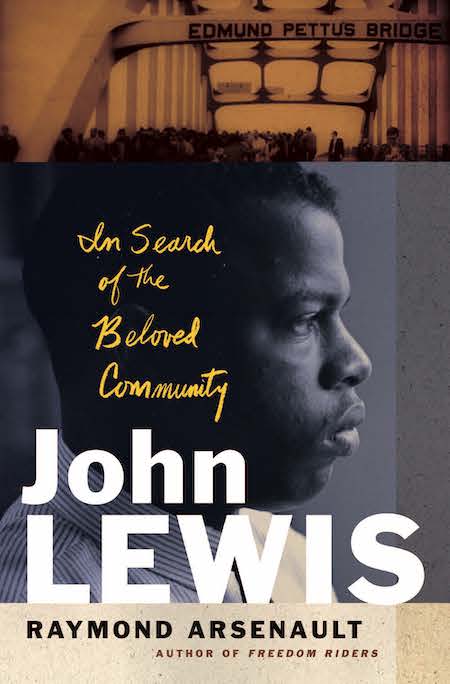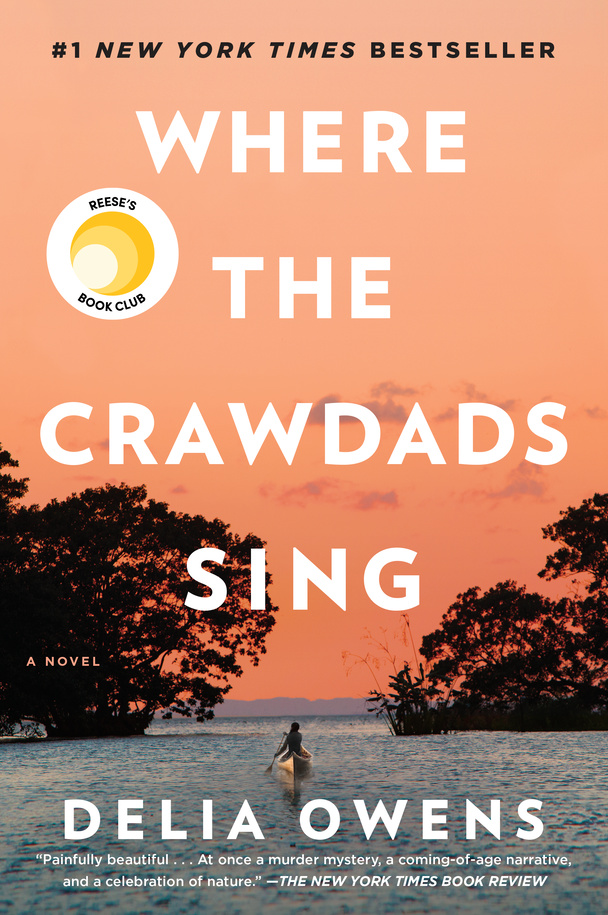Fearless Fighter for an Ignoble Cause
Madison Smartt Bell writes a fictional biography of the deeply flawed Confederate warrior Nathan Bedford Forrest
The subject of Madison Smartt Bell’s Devil’s Dream is enough to send a lot of readers—even Bell’s fans—running for the exits. A hefty book on Confederate hero Nathan Bedford Forrest may not be an alluring prospect, unless you happen to belong to the dwindling cohort of folks who go misty-eyed when they hear “The Night They Drove Old Dixie Down.” From its first paragraphs, however, Devil’s Dream defies expectations. There’s no opening battle scene or sepia-toned account of Forrest’s boyhood. In fact, Forrest is nowhere in sight. Instead, the novel begins with a mysterious Haitian mystic named Henri, who is on the run in the Kentucky countryside during the early days of the war. Bell treats us to a vivid survival vignette with Henri before Forrest literally rides onto the scene, along with his men, as they travel to join the fighting.
 Henri is the one obviously fictional character in a book that otherwise adheres very closely to established historical fact. Bell gives him a place in Forrest’s unit—which did, in fact, have several black members—and his perspective on the action serves to prevent the book from becoming a stock retelling of Civil War lore. Henri is the book’s spiritual witness and its ironic conscience. He foresees deaths, including his own, and observes the growing number of ghosts. His voice places the war in the context of his people’s long struggle against enslavement.
Henri is the one obviously fictional character in a book that otherwise adheres very closely to established historical fact. Bell gives him a place in Forrest’s unit—which did, in fact, have several black members—and his perspective on the action serves to prevent the book from becoming a stock retelling of Civil War lore. Henri is the book’s spiritual witness and its ironic conscience. He foresees deaths, including his own, and observes the growing number of ghosts. His voice places the war in the context of his people’s long struggle against enslavement.
For all Henri’s narrative importance, however, Devil’s Dream is fundamentally a character study of Forrest, who was, and still is, one of the most divisive figures of the Civil War era. His admirers regard him as a man of courage and earthy integrity, and no one disputes his military genius. But most Americans, if they know anything about him at all, associate him with everything shameful about the Confederate cause. He was a violent boor who made his living in the slave trade, which was considered an ugly business even in the antebellum South. The soldiers under his command, possibly with his encouragement, committed a ruthless massacre of surrendering black troops at the battle of Fort Pillow. Most infamously, after the war Forrest became an early leader of the Ku Klux Klan.
The disparate elements of Forrest’s character can’t be reconciled. He is neither hero nor villain. He’s a brilliant but profoundly flawed man who acts according to the values of his day and the limits of his knowledge.
Confining his narrative primarily to the period from 1854 through the war years, Bell provides a full portrait of Forrest in all his contradictions. The book focuses most clearly on his warrior persona, which combines ferocious bloodlust with a deep sense of honor. The troops adore Forrest as a father-god, and Bell gives his Rebel general the benefit of the doubt about the Fort Pillow massacre. But Bell, as in his previous novels, shows no inclination to soften violence, and he often draws attention to the gruesome thrill that Forrest finds in fighting: “Forrest stood with his legs locked straight in the stirrups, his horse trampling corpses of men he’d shot down, and by then his pistols must have been empty for he was slicing one enemy trooper to ribbons with the double-edged sword in his left hand while simply choking another to death with his right.” The two aspects of Forrest at war come together in repeated scenes of his dying horses. Devoted to his mounts, he grieves over those that are killed in battle, yet he drives wounded animals relentlessly into the fray.
Animal lovers will probably be distressed about all the suffering horses in Devil’s Dream, and feminists will likely be unhappy with the way the book depicts Forrest’s romantic life. His saintly wife, Mary Ann, has to endure first his gambling addiction and then the presence of his slave mistress, Catharine. Forrest responds to Mary Ann’s jealousy by offering, in an uncharacteristically passive-aggressive ploy, to sell his concubine down the river, an act of cruelty that he knows his wife will not condone. He ultimately installs Catharine and the children he fathered in a separate house—where he also parks a child from his liaison with another slave.
 Such behavior would have not been exceptional in Forrest’s day, but what’s surprising is that Bell seems to want us to sympathize with him as a man who is at the mercy of his feelings, even as he tramples the feelings of others. The sex scenes between Catharine and Forrest will make some readers squirm, and not in a good way. “Bowled over by the warm weight of her, he felt her slide back down his belly, and as he held the long ropy strands of her hair he felt her take him up into her long warm lips as eagerly as a hungry calf seizing on a milk cow’s teat.” There’s quite a bit more in that vein, and though we do hear Catharine nag Forrest gently about her status as chattel, there’s never a suggestion that her sexual eagerness might be tempered in any way with hostility about her role. It’s a puzzling omission.
Such behavior would have not been exceptional in Forrest’s day, but what’s surprising is that Bell seems to want us to sympathize with him as a man who is at the mercy of his feelings, even as he tramples the feelings of others. The sex scenes between Catharine and Forrest will make some readers squirm, and not in a good way. “Bowled over by the warm weight of her, he felt her slide back down his belly, and as he held the long ropy strands of her hair he felt her take him up into her long warm lips as eagerly as a hungry calf seizing on a milk cow’s teat.” There’s quite a bit more in that vein, and though we do hear Catharine nag Forrest gently about her status as chattel, there’s never a suggestion that her sexual eagerness might be tempered in any way with hostility about her role. It’s a puzzling omission.
“Puzzling,” in fact, is an apt word for the General Forrest of Devil’s Dream. Even the near-omniscient Henri refers to his commander as “a long puzzle”—an opinion that Bell seems to share. He depicts a man whose feelings and motives are ultimately mysterious, even to himself. Forrest speaks his final words in the novel over his dead horse at the battle of Chickamauga: “Hit’s sometimes I wonder, what in the Hell are we doen this for?” The disparate elements of Forrest’s character can’t be reconciled. He is neither hero nor villain. He’s a brilliant but profoundly flawed man who acts according to the values of his day and the limits of his knowledge. Some may feel this narrative perspective lets the historical Forrest off too easily, but Bell tempts us to wonder what the man might have become had he been born in a different time and place.
On November 20 at 7 p.m., Madison Smartt Bell will discuss Devil’s Dream at Davis-Kidd Booksellers in Nashville.


